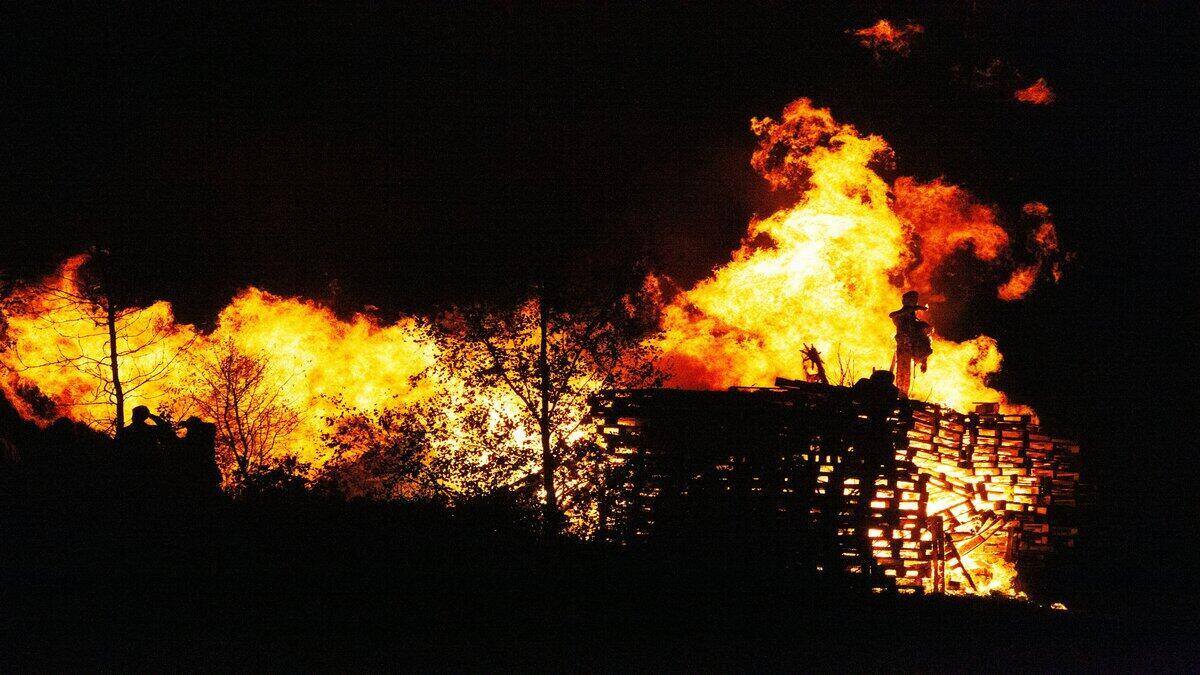This is the second print of monthly inflation data by the ABS for 2022, with the initial revealing a similar result - slowing inflation following a quarterly print.
Major bank economists from CommBank, ANZ and NAB had all anticipated a rise in the annual pace of inflation based on monthly results, to report a print between 7.6% and 7.7%.
The ABS revealed new dwellings were the key contributor to October’s 6.9% annual figure, up 20.4%, alongside automotive fuel, up 11.8% and fruit and vegetables, up 9.4%.
Despite being a key contributor, fruit and vegetables experienced one of the largest falls in inflation from September to October, declining from 17.4% to 9.4%.
The monthly inflation rate of 6.9% annually, down from the 7.3% in the September quarter, falls below Federal Budget forecasts of 7.75% and the RBA's forecast of 8.0% by the end of the year.
Is the worst of inflation now finally behind us?
IFM Chief Economist Alex Joiner said taking a view of inflation from a three-month annualised rate on monthly inflation results, would suggest the worst of inflation might be behind us.
“Electricity and gas prices are not included and will have a material upward impact both directly and indirectly on the quarterly data,” Mr Joiner said.
With this in mind, AMP Chief Economist Shane Oliver noted monthly inflation needs to be interpreted with caution as it excludes approximately 30% of quarterly inflation figures including energy.
“It probably won't stop RBA hiking next week, but will keep them at 0.25%,” Dr Oliver said.
Aust Oct CPI fell to 6.9%yoy. Trimmed mean slowed to 5.3%yoy & inf ex volatile items also slowed. 3mth % infl also slowed
— Shane Oliver (@ShaneOliverAMP) November 30, 2022
The mthly CPI needs to be interpreted with caution as excludes ~30% of CPI incl energy. It probably wont stop RBA hiking next wk, but will keep them at 0.25%. pic.twitter.com/iXuNMhWGyC
No pause in December for the RBA
ANZ economists Catherine Birch and Felicity Emmett said the deceleration in the monthly CPI poses a dilemma for the RBA next week.
"Deputy Governor Michelle Bullock said that it will take time to 'figure out what is the noise and what is the information' in the series and as we saw last quarter the softer first monthly CPI of the quarter wasn't a particularly useful predictor for the quarter as a whole," the economists said.
"Still, this will likely see the Board next week consider the possibility of pausing in December.
"Given the natural pause in January when the Board doesn’t meet, we expect another 25 basis point increase at next week’s meeting."
Image by Engin Akyurt via Pexels





 Rachel Horan
Rachel Horan

 Harry O'Sullivan
Harry O'Sullivan
